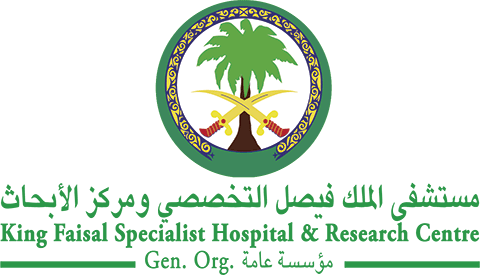Abstract
Chimeric antigen receptor T-cell (CAR T-cell) therapy represents an innovative and transformative therapy for patients with relapsed and/or refractory (R/R) hematological malignancies. CAR T-cell therapy was first approved in R/R diffuse large B-cell lymphoma (DLBCL) and acute lymphoblastic leukemia, today the use of CAR T-cell therapy has expanded to multiple myeloma and other lymphoma subtypes such as follicular and mantle cell lymphoma. It is also being explored in earlier lines of therapy in DLBCL. CAR T-cell therapy is associated with a unique toxicity profile and development of cytopenias post CAR T-cell therapy has been reported in all pivotal clinical trials and is now considered a related side effect. Here, we provide an in-depth evaluation of etiologies, consequences, and current management strategies for cytopenias following CAR T-cell therapy.
Recommended Citation
Yassine, Farah; Murthy, Hemant; Ghabashi, Emad; Kharfan-Dabaja, Mohamed A.; and Iqbal, Madiha
(2022)
"Understanding the etiology of pancytopenias in the CAR T-cell therapy setting: what we know and what we don’t?,"
Hematology/Oncology and Stem Cell Therapy: Vol. 15
:
Iss.
3
, Article 4.
Available at: https://doi.org/10.56875/2589-0646.1047
Creative Commons License

This work is licensed under a Creative Commons Attribution-Noncommercial-No Derivative Works 4.0 License.
Included in
Cancer Biology Commons, Hematology Commons, Oncology Commons

